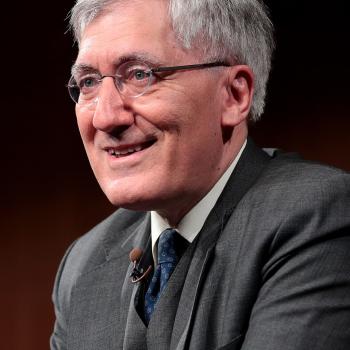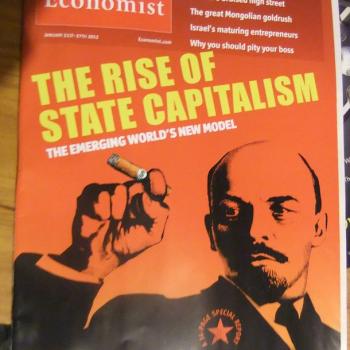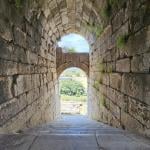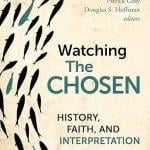Left-leaning authors often maintain that conservatives “hate democracy,” and, historically, this is somewhat true. “The political Right,” maintains the progressive economist and columnist Paul Krugman, “has always been uncomfortable with democracy.”
But today it’s progressives themselves who, increasingly, are losing faith in democracy. Indeed, as the Obama era rushes to a less-than-glorious end, important left-of-center voices, like Matt Yglesias, now suggest that “democracy is doomed.”
Yglesias correctly blames “the breakdown of American constitutional democracy” on both Republicans and Democrats; George W. Bush expanded federal power in the field of national defense while Barack Obama has done it mostly on domestic issues. Other prominent progressives such as American Prospect’s Robert Kuttner have made similar points, even quoting Italian wartime fascist leader Benito Mussolini about the inadequacy of democracy.
Like some progressives, Kuttner sees the more authoritarian model of China as ascendant; in comparison, the U.S. and European models – the latter clearly not conservative – seem decadent and unworkable. Other progressives, such as Salon’s Andrew O’Hehir, argue that big money has already drained the life out of American democracy. Like Yglesias, he, too, favors looking at “other political systems.” . . .
Progressive authoritarianism has a long history, co-existing uncomfortably with traditional liberal values about free speech, due process and political pluralism. At the turn of the 20th century, the novelist H.G. Wells envisioned “the New Republic,” in which the most talented and enlightened citizens would work to shape a better society. They would function, he suggested, as a kind of “secret society,” reforming the key institutions of society from both within and without.
In our times, Wells’ notions foreshadowed the rise of a new class – what I label the clerisy – that derives its power from domination of key institutions, notably the upper bureaucracy, academia and the mainstream media. These sectors constitute what Daniel Bell more than two decades ago dubbed a “priesthood of power,” whose goal was the rational “ordering of mass society.”
Increasingly, well-placed members of the clerisy have advocated greater power for the central state. Indeed, many of its leading figures, such as former Obama budget adviser Peter Orszag and New York Times columnist Thomas Friedman, argue that power should shift from naturally contentious elected bodies – subject to pressure from the lower orders – to credentialed “experts” operating in Washington, Brussels or the United Nations. Often, the clerisy and its allies regard popular will as lacking in scientific judgment and societal wisdom.
Unlike their clerical forebears, this “priesthood” worships at the altar not of religion but of what they consider official “science,” which often is characterized by intolerance rather than the skepticism traditionally associated with the best scientific tradition. Indeed, in their unanimity of views and hostility toward even mild dissent, today’s authoritarian progressives unwittingly more resemble their clerical ancestors, enforcing certain ideological notions and requiring suspension of debate. Sadly, this is increasingly true in the university, which should be the bastion of free speech.
The killer “app” for progressive centralism, comes from concern about climate change. A powerful lobby of greens, urban developers, planners and even some on Wall Street now see the opportunity to impose the very centralized planning and regulatory agenda that has been dear to the hearts of progressives since global “cooling” was the big worry a few decades ago. This new clout is epitomized by the growing power of federal agencies, notably the EPA, as well state and local bodies of unelected regulators who have become exemplars of a new post-democratic politics.












